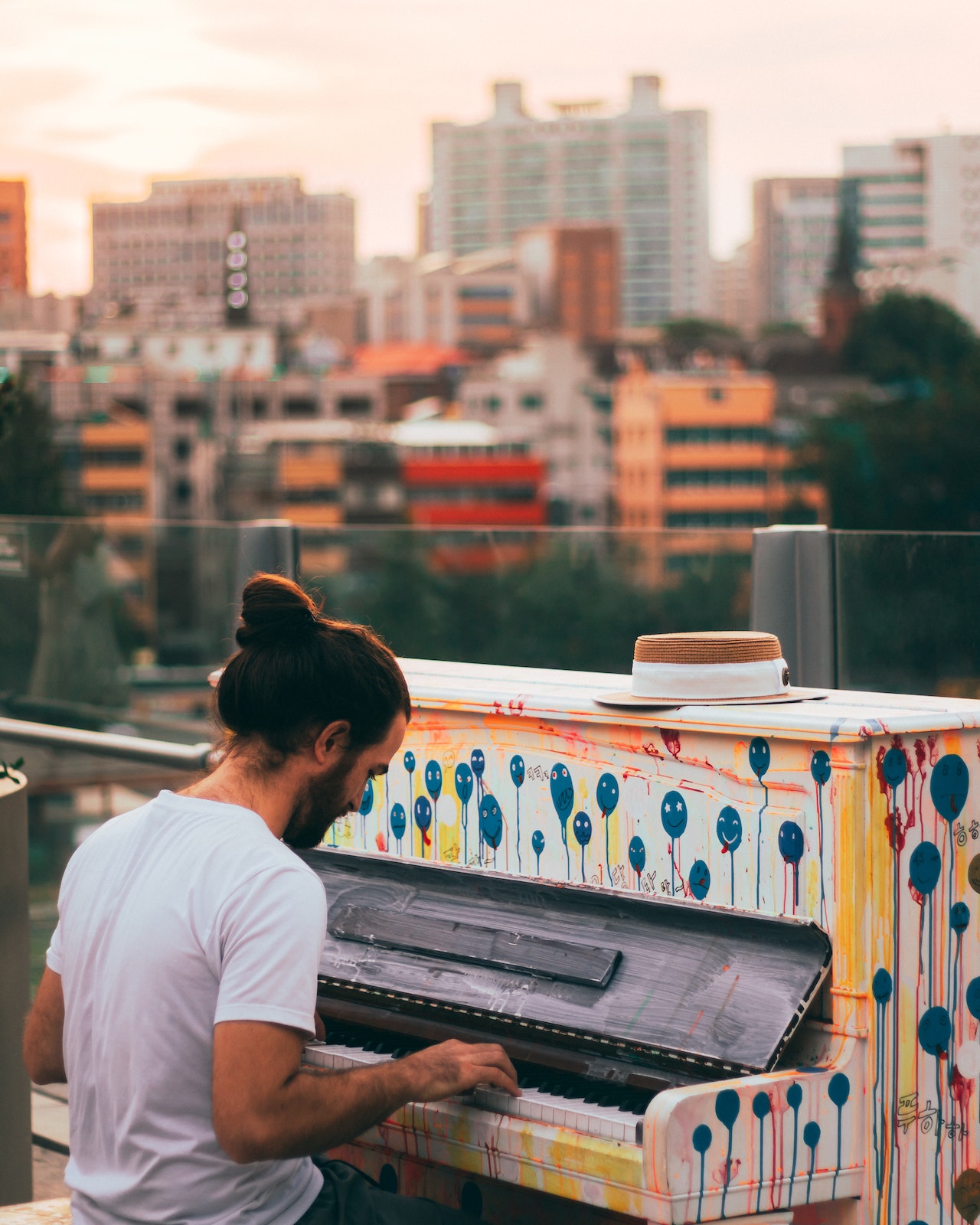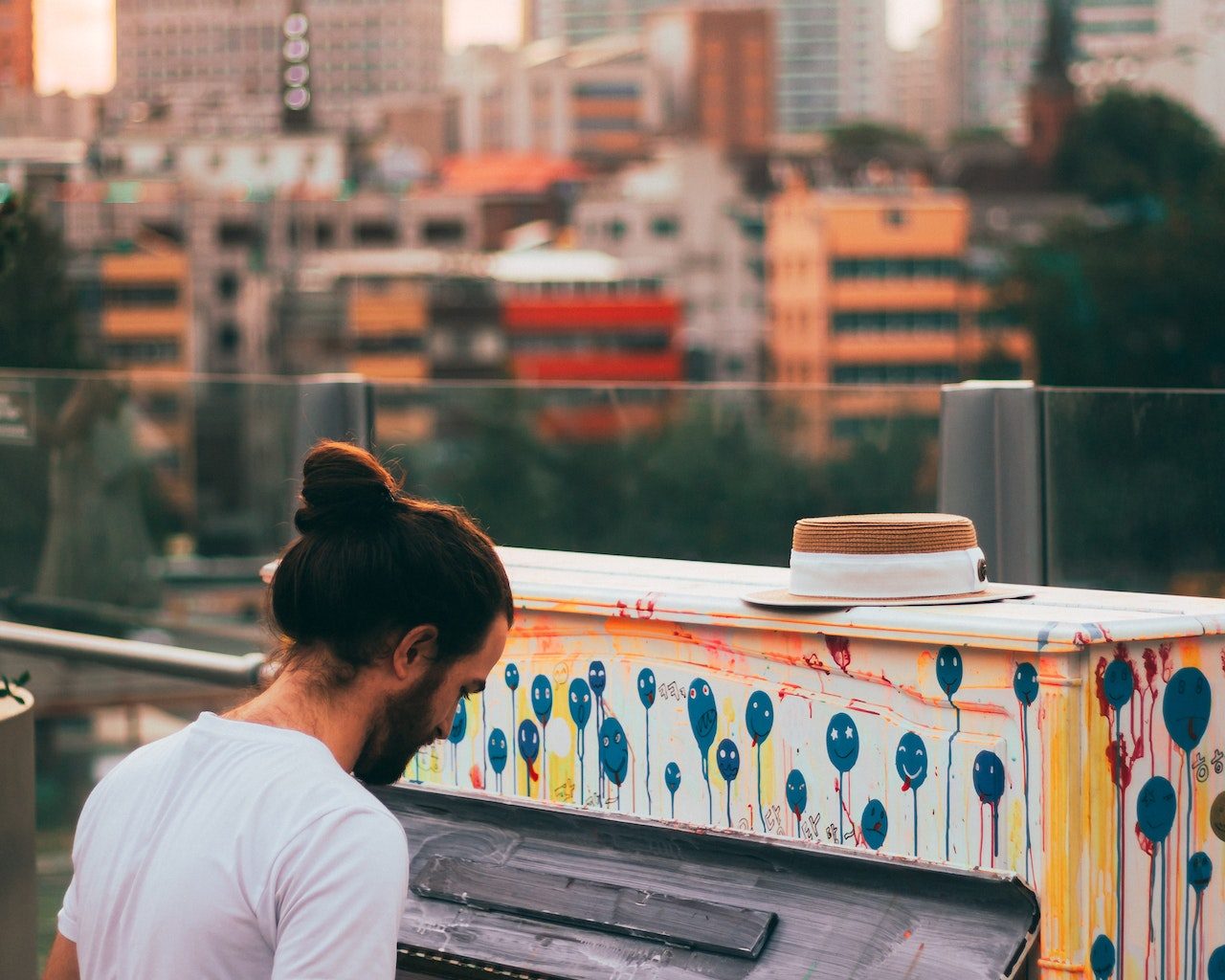Lifestyles And Liberation
Lifestyles play a significant role in shaping individuals’ choices, behaviors, and overall well-being. The concept of liberation, on the other hand, relates to the freedom and empowerment that individuals seek to achieve in various aspects of their lives. This document explores the interplay between lifestyles and liberation, examining how they influence each other and contribute to personal growth and fulfillment.

Lifestyle choices encompass a wide range of decisions individuals make regarding their daily habits, routines, and preferences. These choices can be influenced by various factors such as cultural background, personal values, socioeconomic status, and individual aspirations. For instance, some individuals may opt for an active and health-conscious lifestyle, engaging in regular exercise, following a nutritious diet, and prioritizing self-care. In contrast, others may adopt a more relaxed and leisure-oriented lifestyle, focusing on entertainment, hobbies, and socializing.
The pursuit of liberation often arises from a desire to break free from societal norms, expectations, and constraints. It involves challenging traditional beliefs, ideologies, and structures that may hinder personal growth and self-expression. Liberation can manifest in different domains of life, including gender roles, sexuality, career choices, and personal relationships. For instance, individuals may seek gender liberation by challenging traditional gender norms and advocating for equality and inclusivity. Similarly, individuals may strive for career liberation by pursuing their passions and interests, even if it means deviating from conventional career paths.
The relationship between lifestyles and liberation is mutually influential. Lifestyles can either enable or constrain liberation, depending on the choices individuals make and the values they uphold. For example, individuals who prioritize material possessions and social status may find themselves trapped in a consumerist lifestyle that limits their freedom and inhibits their ability to pursue personal passions and goals. On the other hand, individuals who prioritize simplicity, mindfulness, and conscious living may experience a sense of liberation by reducing clutter, embracing minimalism, and focusing on experiences rather than material possessions.
Conversely, liberation can also shape lifestyles. When individuals break free from societal expectations and embrace their true selves, they may adopt lifestyles that align with their values and aspirations. For instance, individuals who liberate themselves from societal beauty standards may choose to embrace body positivity and advocate for self-acceptance. Similarly, individuals who liberate themselves from societal pressure to conform to traditional relationship norms may opt for non-traditional relationship structures such as polyamory or open relationships.
In conclusion, lifestyles and liberation are closely intertwined, with each influencing the other. Lifestyles reflect individuals’ choices and behaviors, while liberation represents the freedom and empowerment individuals seek in various aspects of their lives. By consciously making lifestyle choices that align with their values and aspirations, individuals can enhance their sense of liberation and personal growth. Likewise, by striving for liberation and breaking free from societal norms, individuals can shape their lifestyles in ways that reflect their true selves and lead to greater fulfillment and happiness.






